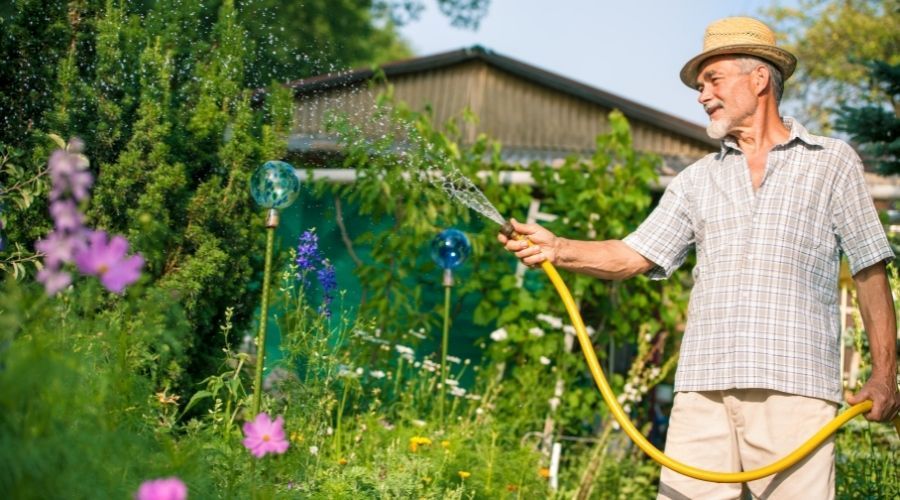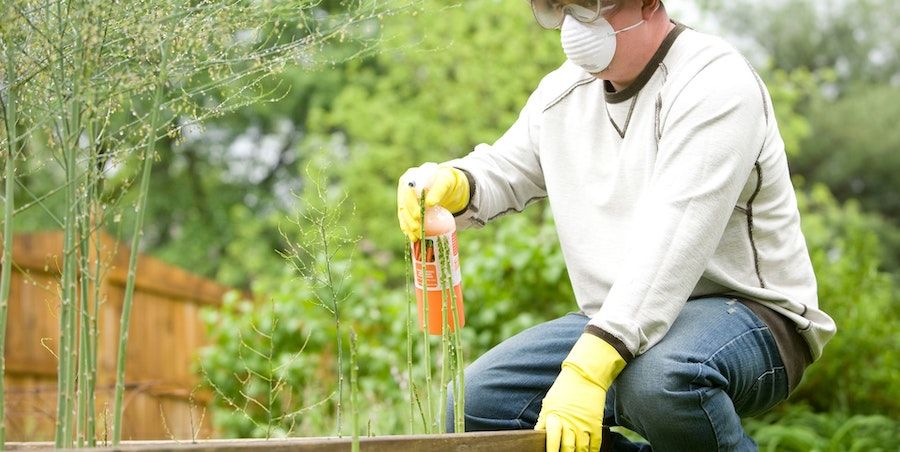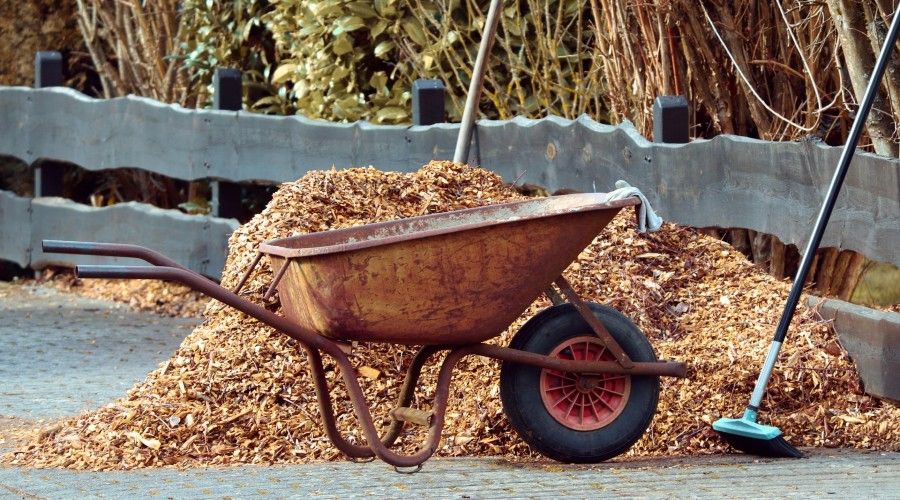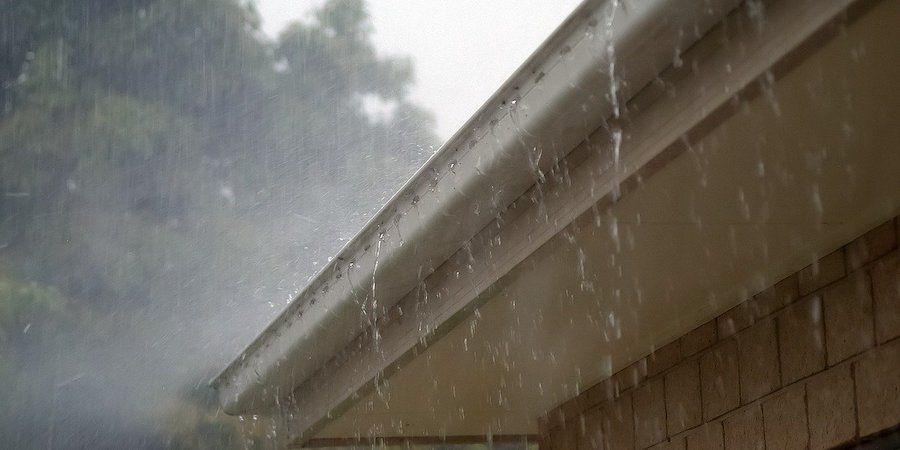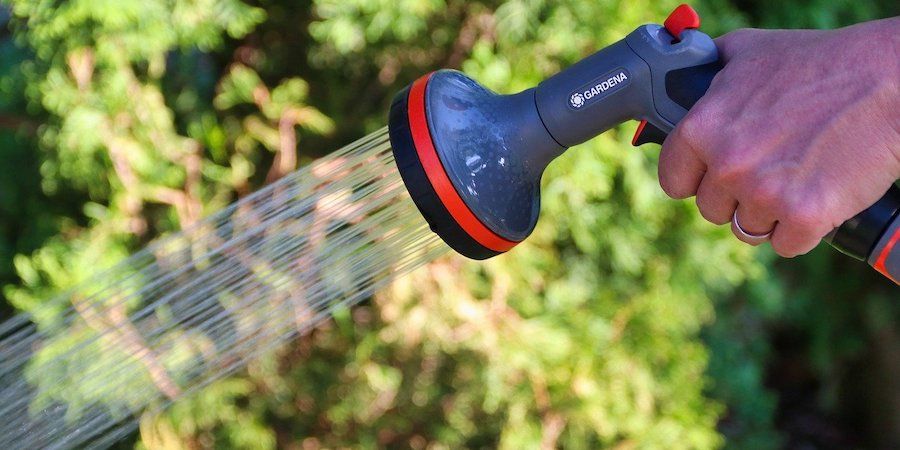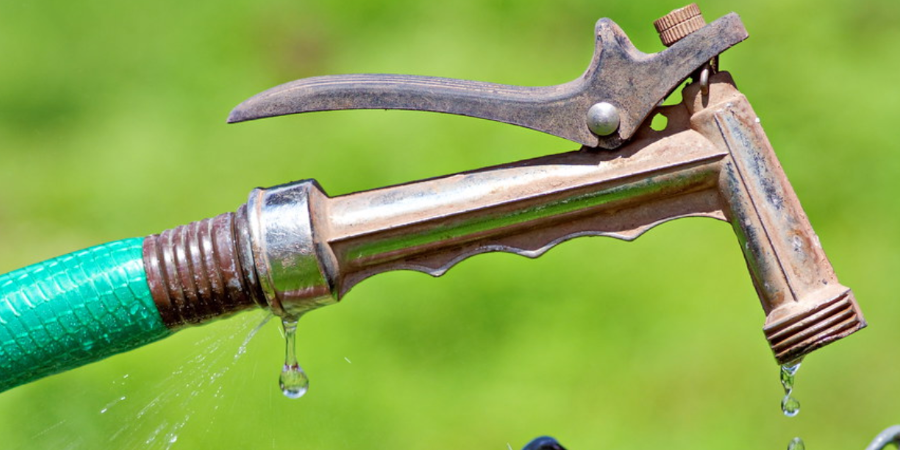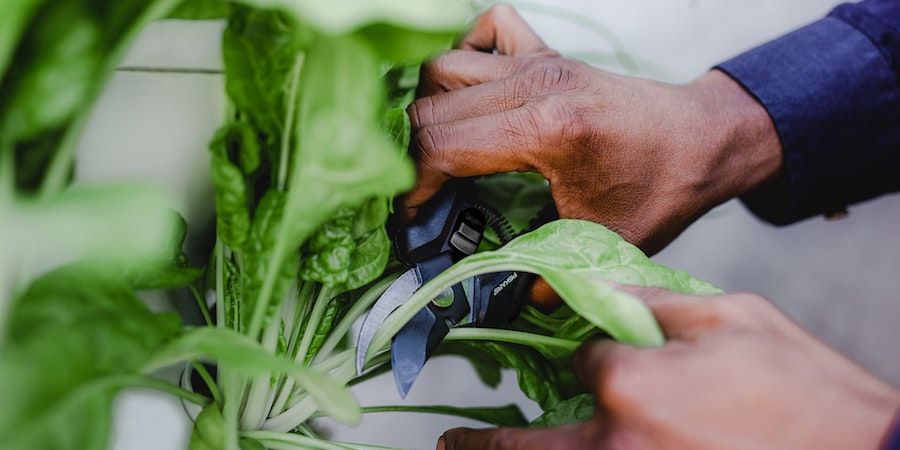Watering your vegetable garden is essential to the health and success of your plants. Without proper watering, your vegetables can quickly die or become unhealthy.
Unfortunately, there are some common yet simple mistakes you may be making when watering your vegetable garden. In this article, we will look at nine different errors you can avoid when taking care of your vegetable garden.
Not Knowing Your Soil Type
Image credits: BartCo via Canva
The first step to healthy watering is understanding your soil type. Different soil types have different moisture retention rates, which means they will require different amounts of water.
For example, sandy soils tend to drain quickly and need to be watered more often than clay soils, which retain moisture for a longer period.
Overwatering or Underwatering
Image credits: naumoid via Canva
Overwatering is one of the most common mistakes gardeners make when watering their vegetable gardens. Not only does overwatering wastewater, but it can also lead to problems like root rot and fungal diseases.
When you do water, make sure you do so long enough for the water to reach the roots of the plants. A general rule of thumb is to water for about 30 minutes per week.
Just as overwatering can be detrimental to your plants, so can underwatering. If you don't give your plants enough water, they will start to wilt, and their growth will be stunted. Make sure you give your plants enough water by checking the soil moisture level before watering.
Watering at the Wrong Time of Day
Image Credit: AlexRaths on Canva
Watering in the early morning or evening is ideal, as this is when evaporation rates are lowest. Yet, watering during the heat of the day can lead to evaporation before the roots have a chance to absorb it.
While it may be more convenient to water your garden in the evening after work, it's not good for the plants. Water that sits on leaves overnight can promote fungal growth and make your plants more susceptible to pests and diseases.
Fertilizing Before Watering
Image credits: CDC via Unsplash
If you fertilize your garden before watering it, the fertilizers will simply wash away and won't be of any benefit to your plants. Always water first, then wait a few hours before applying any fertilizer so that it has a chance to be absorbed by the roots.
Not Using Mulch
Image Credit: manfredrichter on Pixabay
Mulching your garden beds can help keep soil moisture consistent, which is critical for healthy vegetable plants. When choosing a mulch material, be sure to opt for something that will break down gradually and won't impede water flow or drainage.
Not Adjusting for the Weather
Image credits: sandid via Pixabay
Just as your watering needs will change with the seasons, they will also change with the weather. If it has been particularly hot and dry, you will need to water more often than usual. Conversely, if it has been cool and wet, you may be able to reduce your watering schedule.
Watering by Hand or Using a Sprinkler
Image credits: planet_fox via Pixabay
If you have a small garden, you may be tempted to water by hand. However, this can be time-consuming, and it's easy to miss spots. Instead, invest in a soaker hose or drip irrigation system, which will provide a more even distribution of water.
While sprinklers may be fine for watering your lawn, they are not the best option for watering your vegetable garden. This is because they can lead to water waste and fungal diseases.
Not Checking for Leaks
Image credits: Mark Turnauckas via Creative Commons
It's important to check your hoses and irrigation system for leaks regularly. Even a small leak can waste a lot of water over time. Leaks are also one of the most common causes of a decrease in water pressure and wasted resources.
Not Adjusting for the Plant Type
Image credits: Lettuce Grow via Unsplash
Different plants have different watering needs. For example, shallow-rooted plants like lettuce will need to be watered more often than deep-rooted plants like tomatoes. Make sure you are familiar with the watering needs of the plants in your garden so that you can give them the proper amount of water.
In Summary
With the summer months quickly approaching, it’s important to make sure you are watering your vegetable garden correctly. By avoiding these nine mistakes, your plants will stay healthy, and you will be able to enjoy a bountiful harvest.
Have any tips or tricks of your own? We would love to hear them! Reach out to us on social media or in the comments below and let us know how you take care of your vegetable garden. Thanks for reading!




